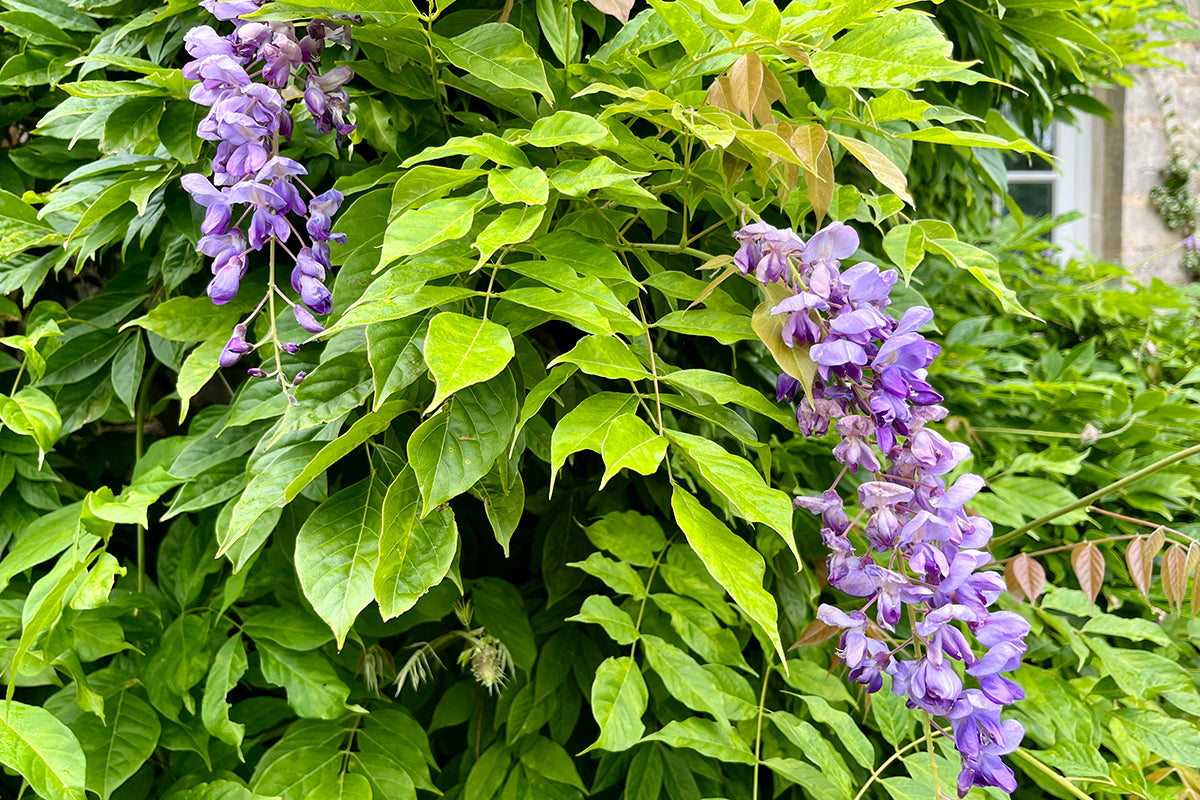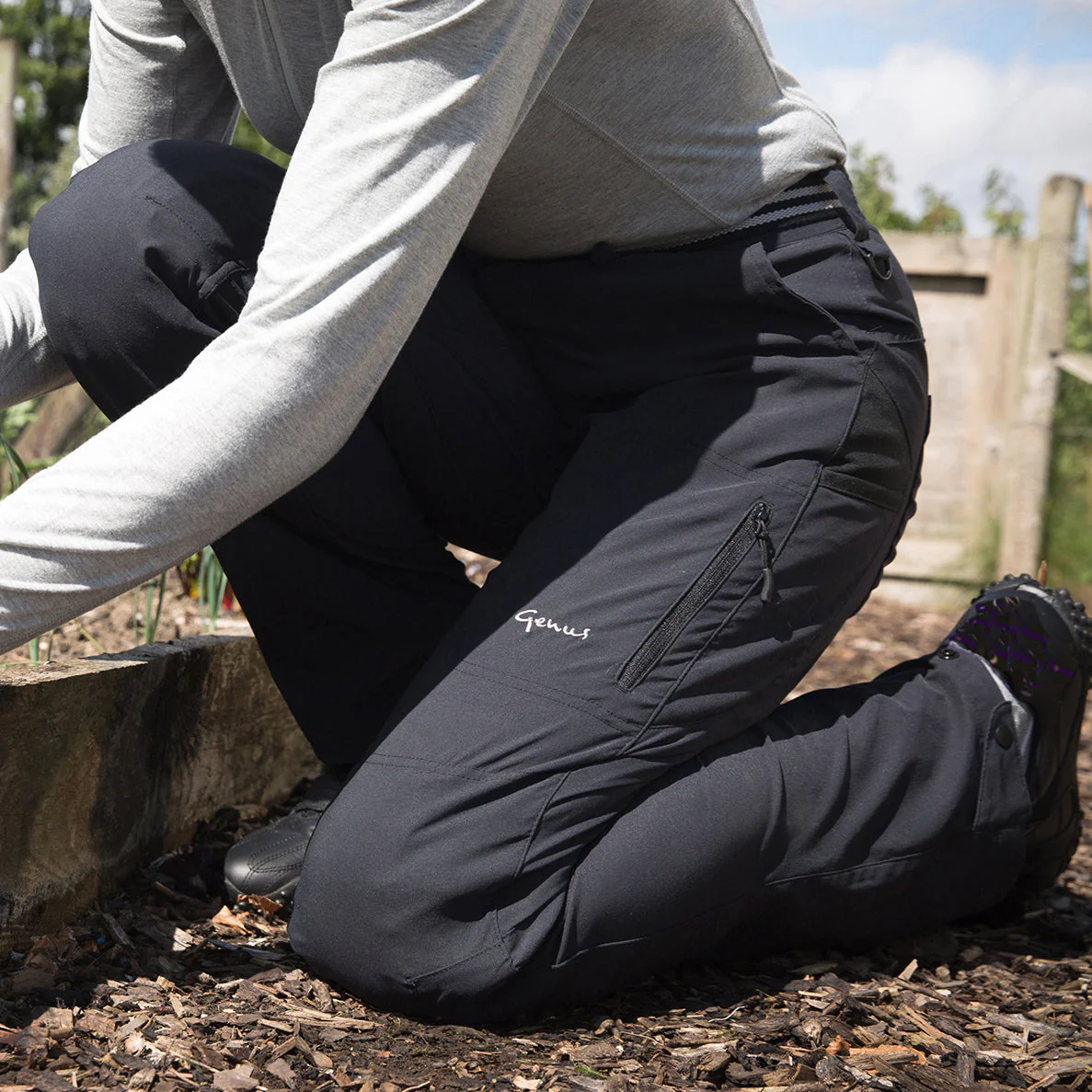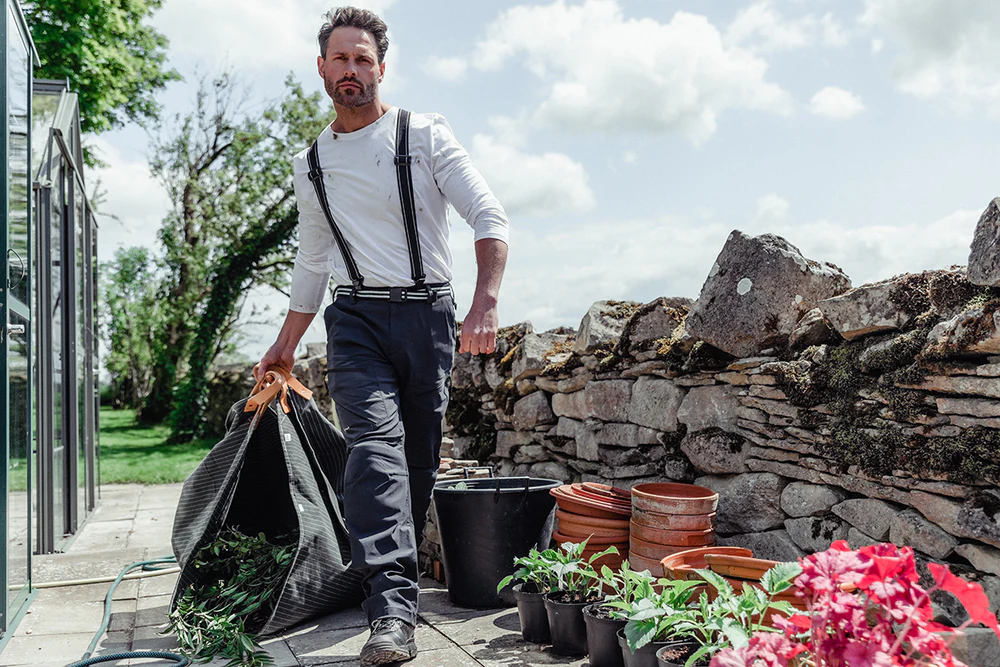Out of season

When visiting a friend's garden in mid-summer, it's often a surprise to spot plants acting out of the ordinary. What’s usually brought to our attention is a spring flowering shrub producing flowers in July or August. “Is this normal?” our friend asks. “Is there anything I should do?”
Flowering out of season is actually quite a regular phenomenon. We have seen plenty of wisterias producing a ‘second flush’ in recent weeks. Magnolia ‘Black Tulip’ in a nearby town normally flowering in March, is showing off its large dark-purple ‘bowls’too. A Clematis montana is also making an effort along with a neighbouring ‘Kanzan’ cherry sporting a single bloom. Last year we spotted a medlar with flowers appearing amongst its mature fruit and in the same vein, our horse-chestnut at Genus HQ has produced some fine white ‘candles’ alongside the spikey cases of its fleshy conker-pods.
Many factors cause this to happen. Usually, it’s the result of stress of some kind - maybe too dry, maybe too wet, too cold, or too hot. Some plants just naturally do it. These ‘remontant’ plants have it within their DNA. This behaviour hasn’t gone unnoticed by the plant breeders. Many years ago roses for instance always flowered just the once but by spotting the occasional plant with a second flush the experts have given us repeat flowering roses or indeed some that are continually in flower throughout the season.
With certain plants, we take for granted a second flush due to our seasonal routines and practices. Cutting back tired perennials after flowering often promotes a second effort. Oriental poppies, alchemilla, delphinium, and Knautia macedonica, they all repay us by coming again despite our seemingly brutal treatment of them.











